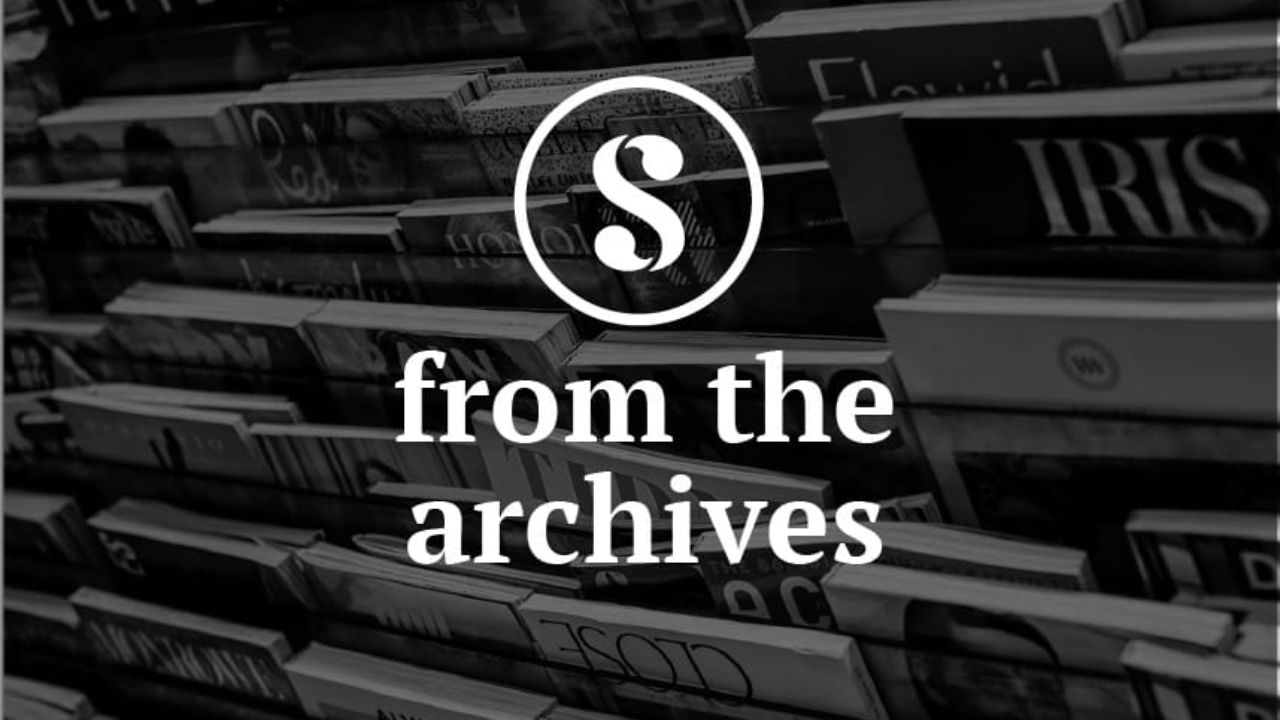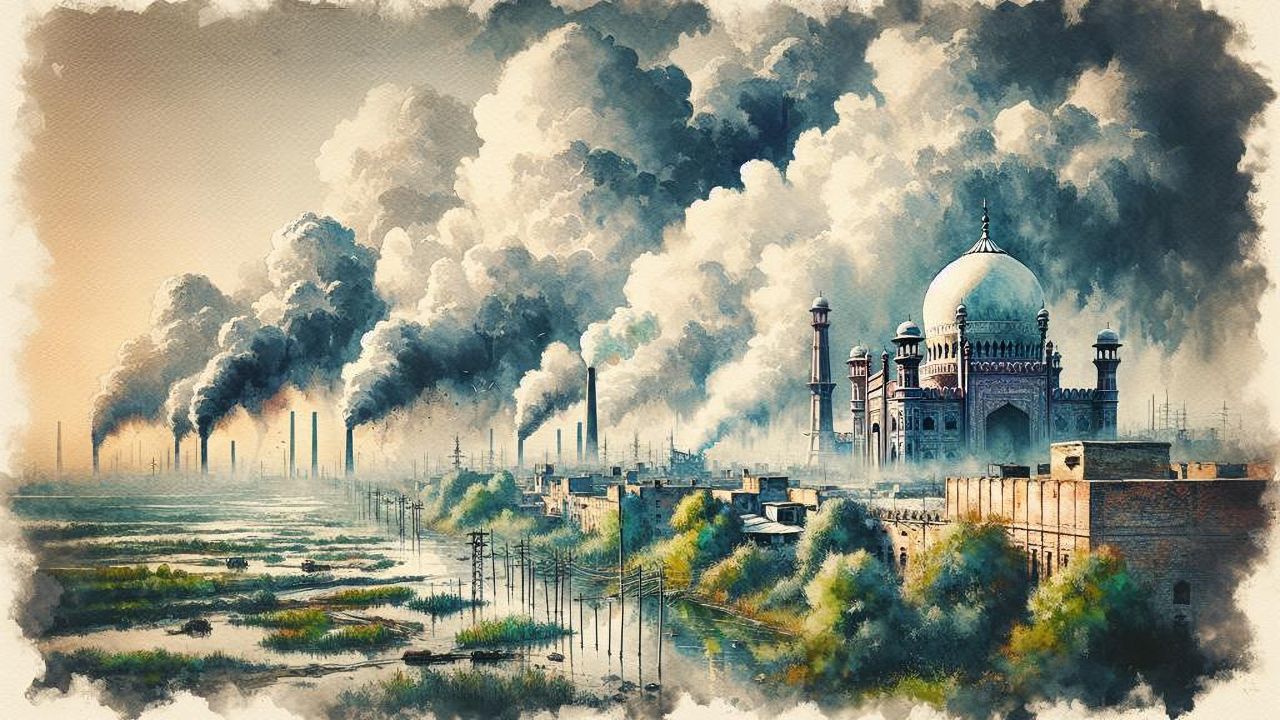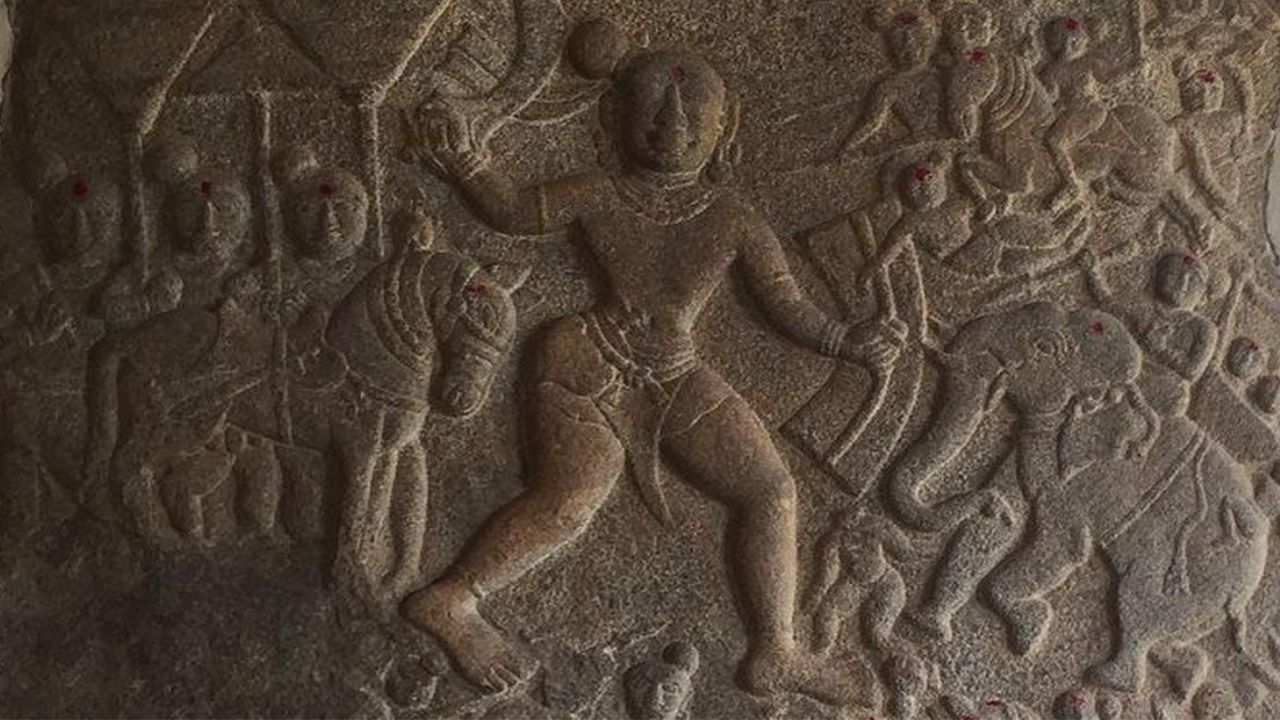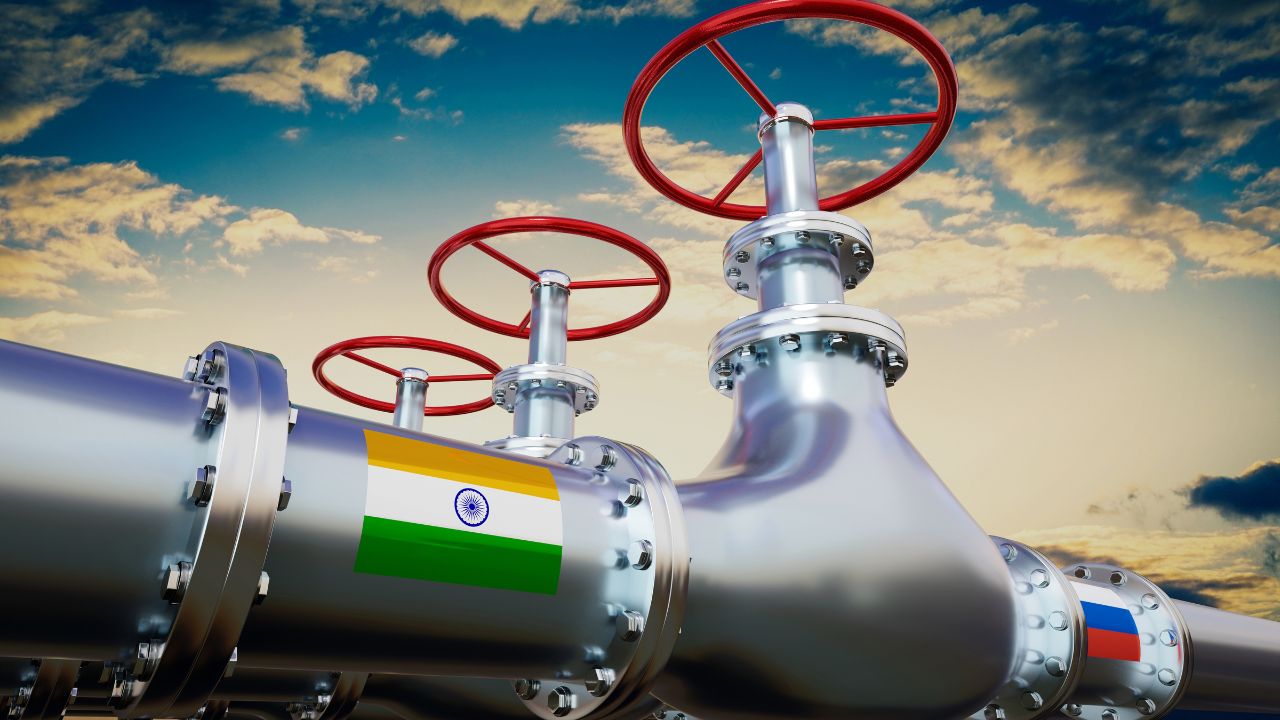
Peace Makers
Read More
Sanity Break #1
Here’s something to cheer you up on a Monday morning: Daniel Craig and James Corden recreate 24 big blockbuster movies in 10 minutes.

Headlines that matter
Check out this edition for the most important stories from around the world today!

Sanity Break #2
We’re personally not big fans of hard rock. But it is pretty impressive that Nandi Bushell—the eleven-year-old drumming phenom who took on Nirvana/Foo Fighters’ Dave Grohl—has put out a climate change anthem titled "The Children Will Rise Up!"

Feel Good Place
Need an immediate pick-me-up? We have you covered! From hilarious animal clips to stuff that’ll make you go “lol why?!”, we have all you need to keep you sane on even your worst hair day.







